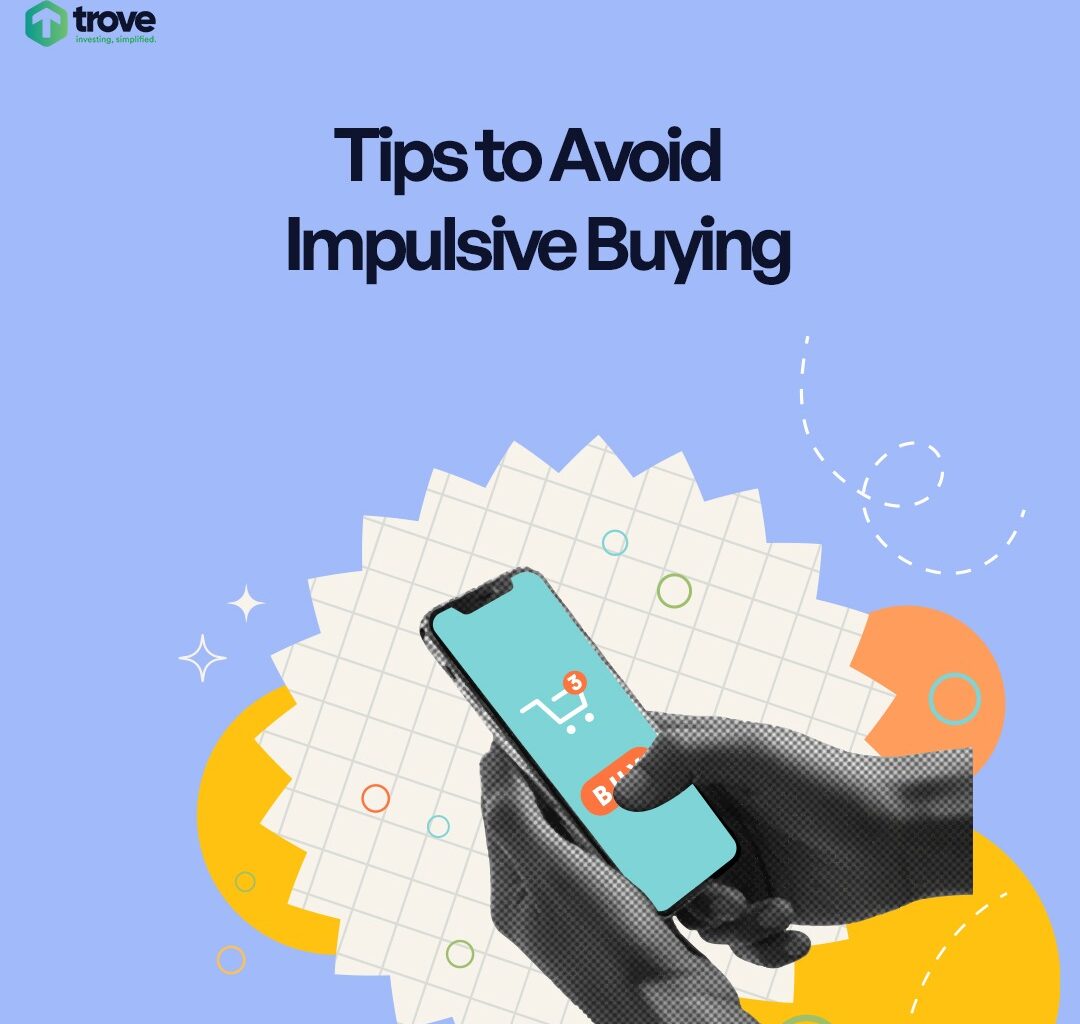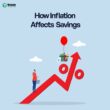Let me ask you a question…
Have you ever walked into a store or scrolled through an online shopping app intending to buy one thing, only to walk away with bags—or a cart—full of items you didn’t plan to get? Trust me, you’re not alone.
In today’s fast-paced Nigerian society, filled with shiny advertisements, tempting online deals, and peer influence, avoiding impulsive purchases has become a challenge for many.
But here’s the painful truth, impulsive buying often leaves you with regret, financial stress, and a cluttered home. If you’re tired of wondering where your hard-earned money went by the end of each month, this post is for you.
What is Impulsive Buying?
Impulsive buying refers to purchasing something on a whim, without prior planning. It’s driven by emotion rather than necessity or logic. In Nigeria, this behavior is amplified by factors such as flashy ads on social media, convenient online shopping platforms like Jumia or Konga, and even social pressure to keep up with trends.
According to research, people often indulge in impulsive buying to satisfy an emotional need or because of perceived scarcity—“Buy now, limited stock!” sounds familiar, doesn’t it?
What Factors Lead to Impulsive Buying?
Impulsive buying is often driven by a combination of psychological, environmental, and personal factors. Here are the key contributors:
1. Emotional Triggers
- Stress and Mood Regulation: People often shop to alleviate stress or boost their mood. Retail therapy provides a temporary emotional high that satisfies immediate desires.
- Excitement and Urge: The thrill of finding a perceived bargain or new product can override rational decision-making.
2. Marketing and Advertising Influence
- Scarcity and Urgency Tactics: Phrases like “Limited Offer” or “Only 2 Left!” create a fear of missing out (FOMO), pushing people to act quickly.
- Visual Appeal: Eye-catching ads, packaging, and store displays are designed to attract attention and spark interest.
- Celebrity and Influencer Endorsements: These can make products seem desirable and trustworthy.
3. Social Pressure
- Peer Influence: The desire to fit in or emulate others’ lifestyles can prompt impulsive spending on clothes, gadgets, or experiences.
- Social Media: Platforms like Instagram amplify exposure to aspirational content and ads, encouraging purchases.
5. Lack of Financial Planning
- No Budgeting: Without a clear plan, individuals often overspend, succumbing to tempting but unnecessary purchases.
- Limited Awareness: People unaware of their financial limits may indulge in unplanned buying.
6. Personality Traits
- Impulsivity and Low Self-Control: Some individuals naturally tend to act on impulse without thinking through consequences.
- Materialism: A strong desire to own material goods can fuel unnecessary purchases.
How to Avoid Impulsive Buying
1. Make a Shopping List and Stick to It
The next time you shop, whether online or at the market, have a written or digital list of what you need. This serves as a guide to prevent unnecessary purchases. Before adding anything extra, ask yourself, Do I really need this?
2. Set a Budget
Budgeting is your best friend. Allocate specific amounts for essentials like groceries, bills, and savings. Once you have a clear picture of your finances, you’re less likely to spend frivolously. Financial tools like Trove Finance, PiggyVest, and Cowrywise can help you automate savings and track expenses.
3. Wait Before Buying
If you are feeling tempted by an item, follow the 24-hour rule: Wait a day before purchasing it. Often, the initial excitement fades, and you realize you don’t need it after all. For bigger purchases, extend this waiting period to a week or more.
4. Avoid Shopping When Emotional
Shopping to cope with boredom, sadness, or stress might feel good temporarily, but it often leads to regret. Instead, find alternative ways to cope, such as exercising, meditating, or talking to a friend.
5. Unsubscribe from Tempting Notifications
Online stores often lure you with frequent emails and app notifications about sales. Reduce temptation by unsubscribing from newsletters and turning off notifications from shopping apps.
6. Embrace Cash-Only Spending
Using cash rather than a debit or credit card makes you more aware of how much you’re spending. When the cash runs out, so does your spending!
7. Shop with Purpose
When heading to markets or malls, focus on your goal. Avoid wandering into sections where you’re likely to make impulsive purchases. If you’re at a mall for groceries, avoid strolling into the electronics or fashion sections.
8. Understand Marketing Tricks
Retailers use strategies like discounts, flashy displays, and “buy one, get one free” offers to entice you. Be aware of these tactics and question their value. Is the deal as good as it seems? If it wasn’t on your list, it might not be worth it.
9. Track Your Spending
Maintain a record of every purchase you make for a month. This will help you identify patterns and adjust your habits. Apps like Wallet or Money Manager can simplify this process.
Long-Term Benefits of Avoiding Impulsive Buying
- Financial Freedom: Save money for meaningful goals like education, property, or travel.
- Reduced Clutter: A home filled with purposefully chosen items is more satisfying than one stuffed with impulse buys.
- Peace of Mind: Fewer regrets about unnecessary purchases translate to better mental health.

Read Also: Top Savings Platforms in Nigeria
Conclusion
Avoiding impulsive buying is about discipline and mindfulness. It’s not always easy, but every small step you take adds up. Also, understanding the factors that lead to impulsive buying can help you develop strategies to avoid impulsive buying and make more intentional spending decisions.
Start today by reviewing your spending habits and applying these tips. Trust me, your future self will thank you.




